This book is a historical study of the process of knowledge and its study during the Mamlūk period (1250-1517). This period was characterised by the existence of major scholarly works. Much attention was given to the pursuit of knowledge as shown in the attitudes of the rulers of the Ḥijāz of the time, of the scholars and the scholarly families living in the region. The author also looked at the contributions and position of women in the intellectual life, the works they produced, the certifications and permissions to teach they received, and the schools and clubs they set up. The author devoted a chapter to the scholars of the time and their intellectual contributions in all of the fields of Sharīʿah, linguistics and literature, social studies and studies of logic and the applied sciences.
 Shared Knowledge
Shared Knowledge
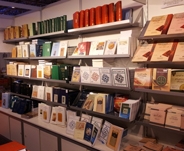
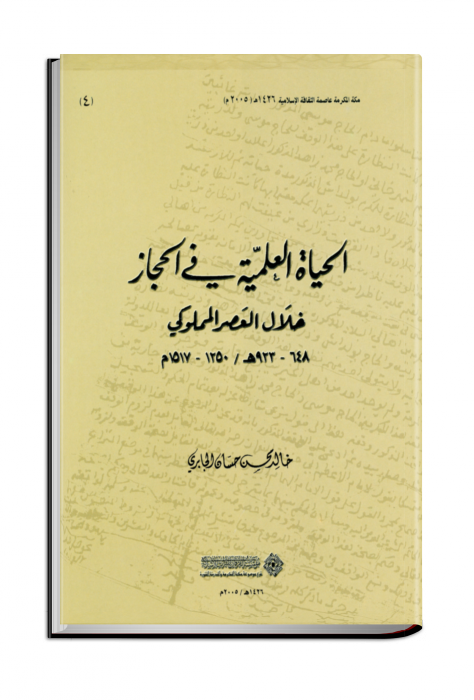
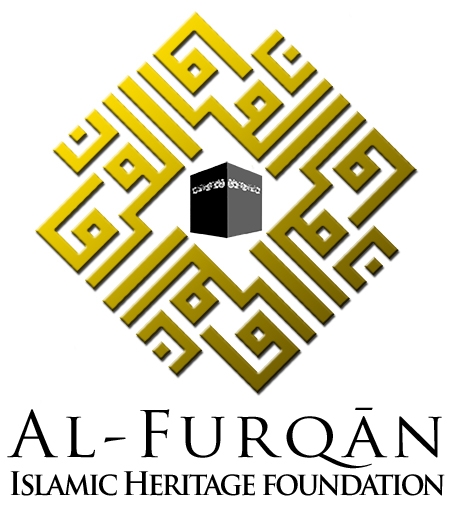 Khazāʾin al-Kutub al-Khāṣṣah
Khazāʾin al-Kutub al-Khāṣṣah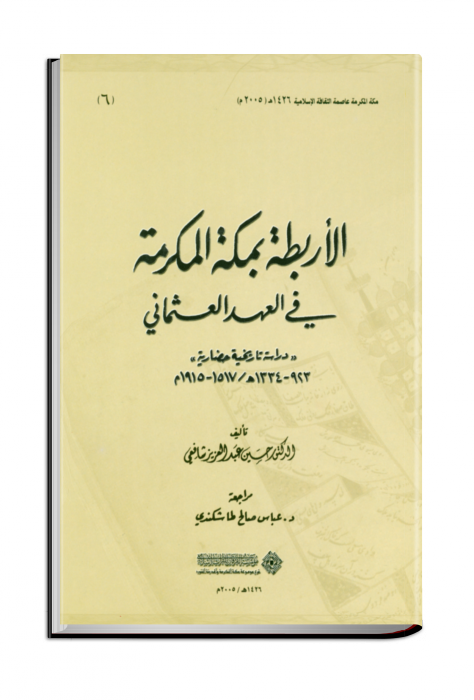 Rubats in Makkah in the Ottoman Period: A Historical and Cultural Study (923-1334 A.H. / 1517-1915 A.D.)
Rubats in Makkah in the Ottoman Period: A Historical and Cultural Study (923-1334 A.H. / 1517-1915 A.D.)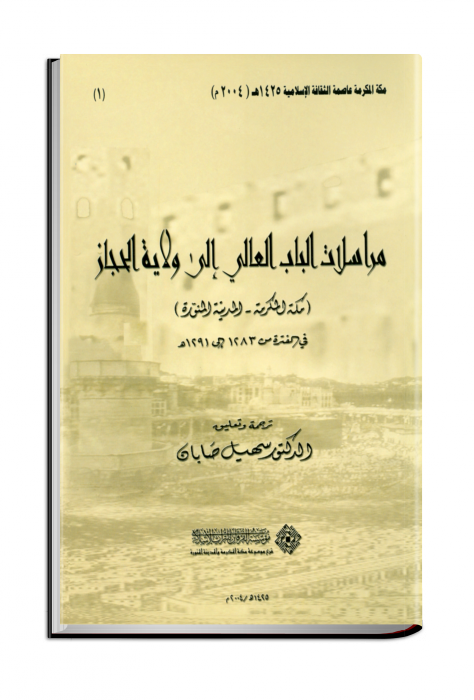 The Correspondences of the Ottoman Sublime Porte to al-Ḥijāz Province (Makkah and Madinah) 1283-1291 A.H.
The Correspondences of the Ottoman Sublime Porte to al-Ḥijāz Province (Makkah and Madinah) 1283-1291 A.H.